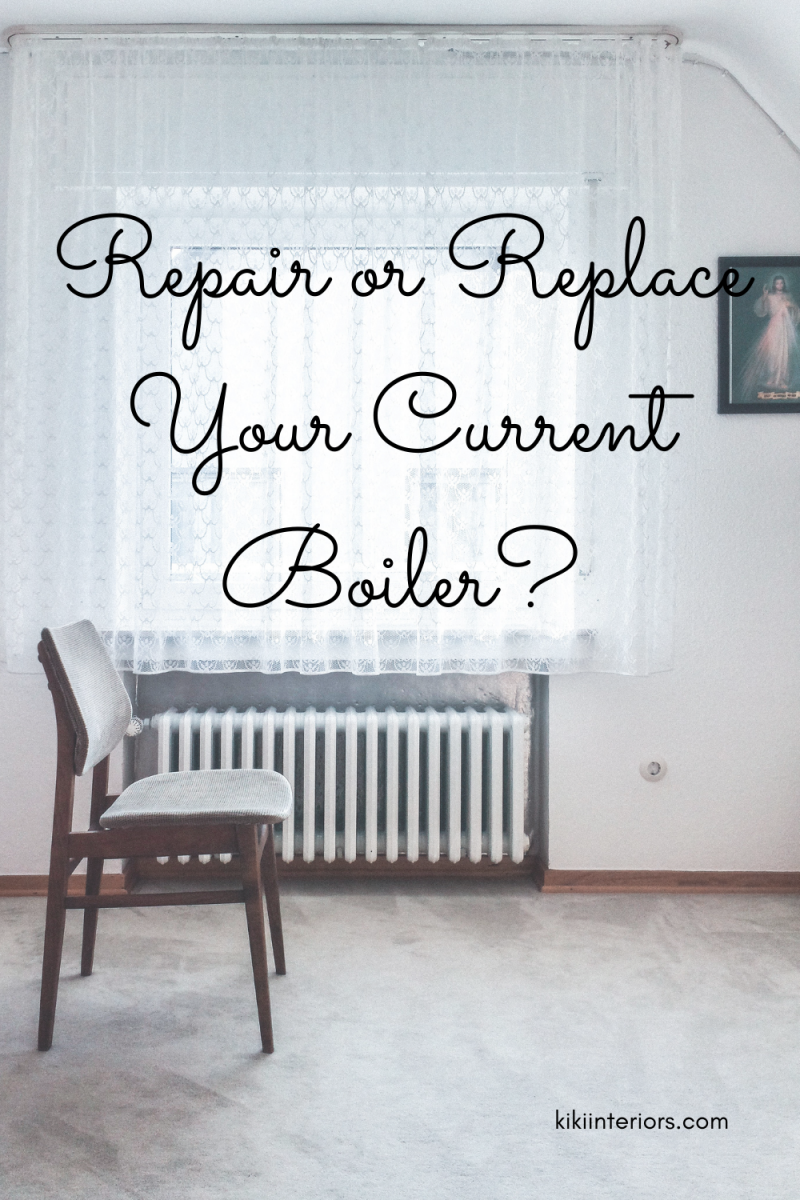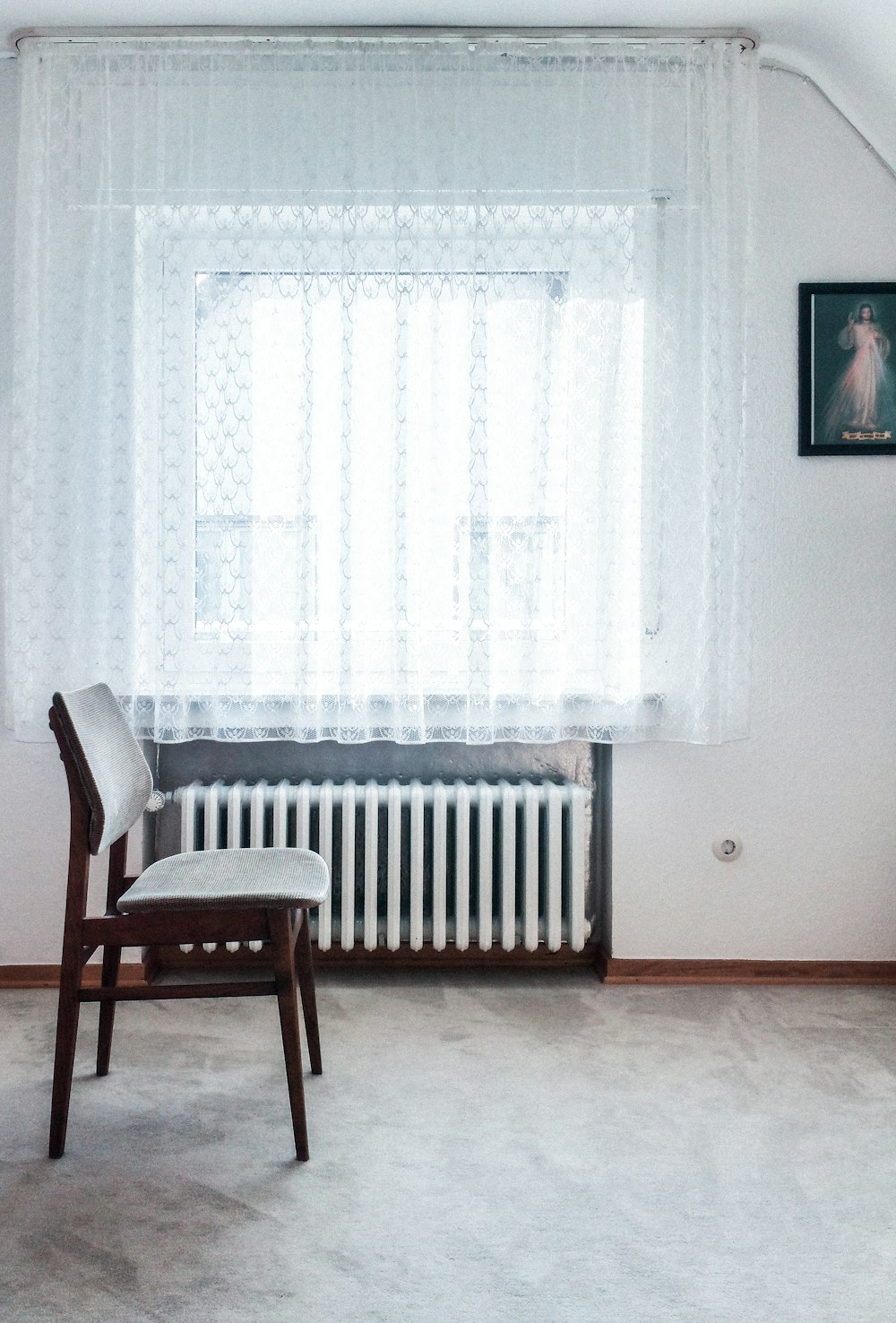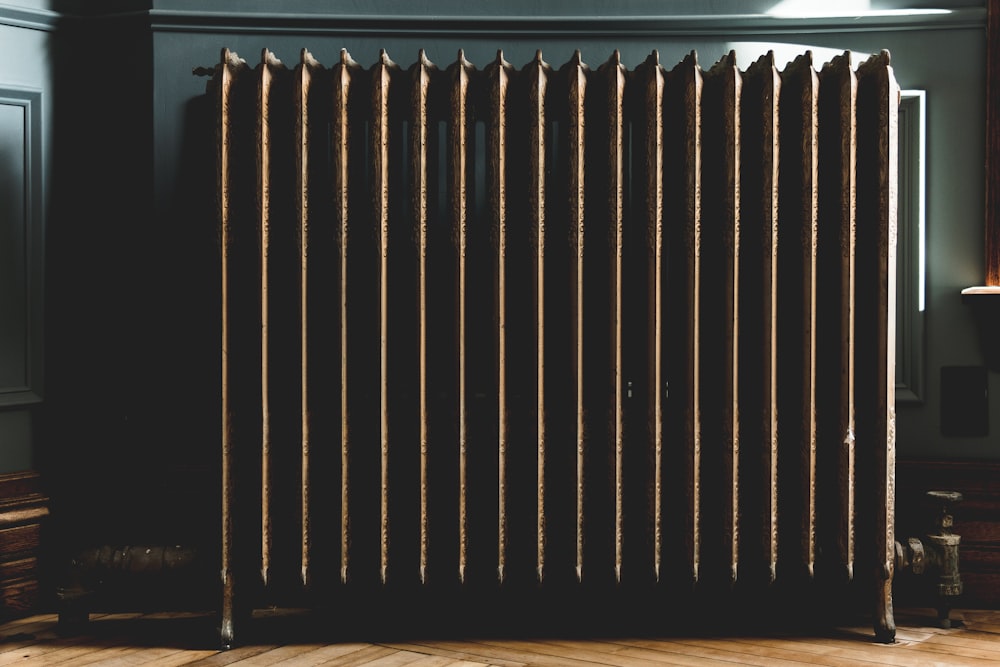
Buying a new boiler is expensive, and it’s normal to be reluctant about it. There are some cases when your current boiler can still be salvaged, even if it’s showing signs that it’s on its way out. This could give you the extra time needed to cushion the blow and do your research on which boiler type or model you should buy next. However, there are some cases when you’ll have no choice but to replace it or when repairs are not worth it. Let’s take a look at what would be the best decision based on your situation.
Think Boiler Safety
The first thing you have to do is check to see if your current unit is running safely. And, in most cases, old boilers don’t meet new safety requirements. Consult a team like nonpareilsolutions.co.uk to see if your boiler is safe. They will also be able to tell you if it can be repaired safely or if it needs replacing.

It’s important to remember that even after a fix, your unit could still be unsafe, and, in worst cases, you could end up exposing yourself to things like carbon monoxide. Only an engineer will be able to tell you how much life your boiler still has left in it. Only once you’re sure that the boiler is safe can you consider the option of repairing it.
Could You Make Energy Savings by Replacing?
Another thing you have to consider when repairing a boiler is whether you could be making savings by buying a more energy efficient unit. You could eventually end up recuperating the initial cost quickly when you take away the money you would’ve spent on repairs.
Not only will a new boiler be more energy-efficient, but it will also be better at heating rooms fast. If you already have a modern and efficient unit, however, having it fixed by a registered professional could be the best option.

How Much Will It Cost to Repair?
Another thing you have to consider when having an old boiler repaired is that repairs could end up costing much more on an old unit than on a new one. That’s because some of the parts might be more expensive and harder to find.
You should also know that there’s the possibility that something will go wrong in the immediate future. So, make sure that you assess your costs and see if replacing would make more sense from a financial standpoint.
You should repair your unit only if the procedure is simple, or if it can be done at a low cost. You also have to make sure that you’ll be able to run it for a long time without worrying about future breakdowns. If you have a new boiler, then chances are it’s still under warranty, which could not only cover you for parts but service as well.
Conclusion
As you can see, deciding between replacing or repairing your boiler doesn’t have to be complicated. Make sure that you look at all the factors cited above and make the right choice.



